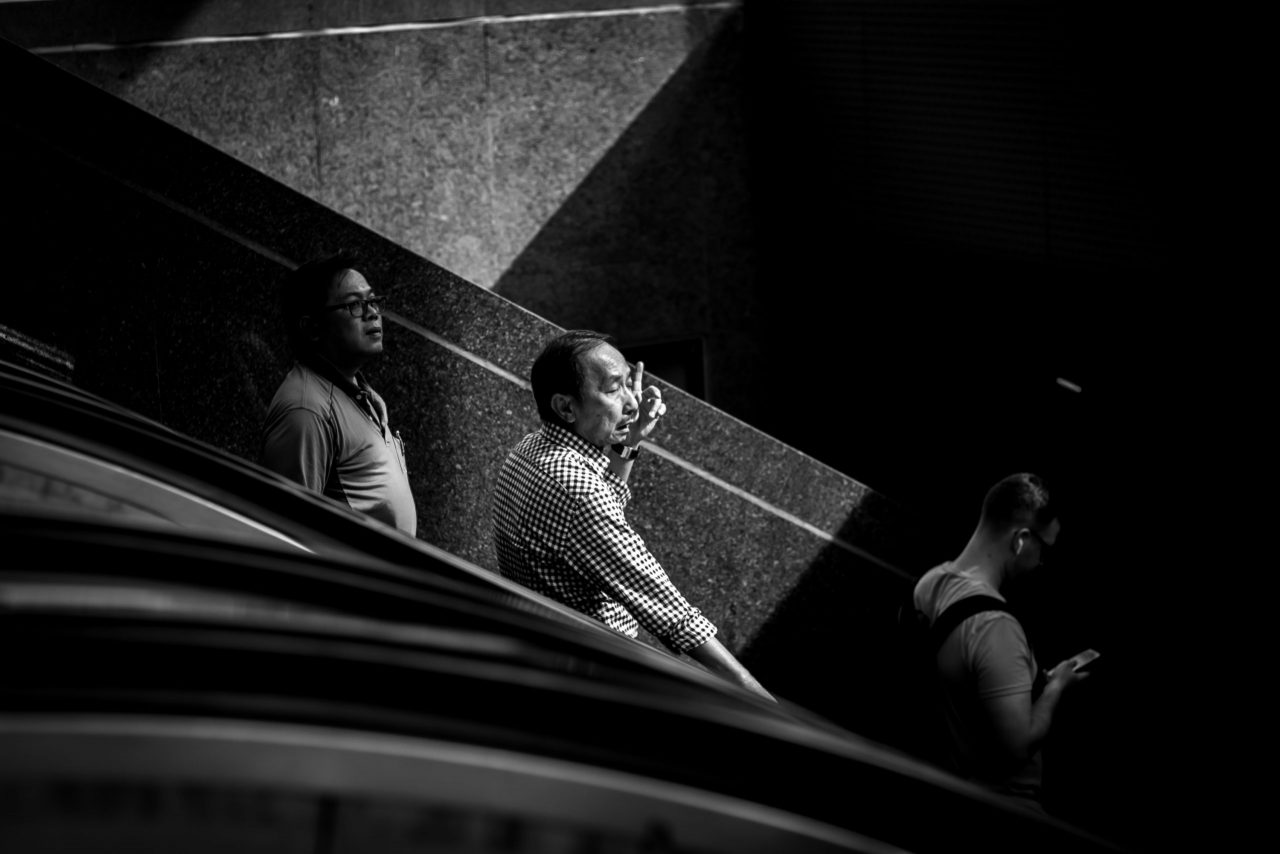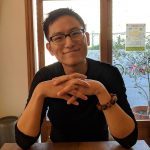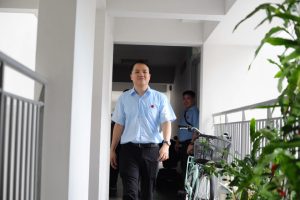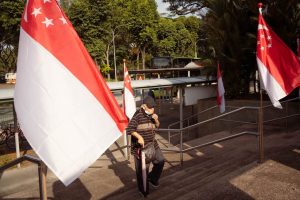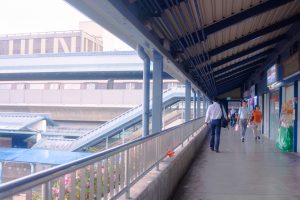For Millennials and Gen Zs who grew up with social media, what truly separates a Digital Native from a Singapore Boomer online is an appreciation for irony that borders on nihilism.
This attitude stems from an understanding that there is no escaping our Big Tech overlords in Silicon Valley and Shenzhen, and that just about everything on social media has an agenda and is toxic to our mental health.
To protect against this poison, the Digital Native understands that all content on social media should be consumed as entertainment first—to be taken lightly, not literally. The rise of TikTok and meme culture are the most obvious examples of this trend.
In this context, the term Boomer refers less to a specific demographic and more to a state of mind. This online community is defined by their earnestness, naivete, and reliance on personal anecdotes that puts them at a distinct disadvantage in the Uncanny Valley of the Internet.
Many a FB group have been created to satirise the Singapore Boomer, to the point where they have become both a meme and caricature. RICE published an article on this phenomenon during the early days of the pandemic. But there are also limits to this satire, as its intended audience is for those already ‘in the know’.
Less is known about how the Singapore Boomer actually interacts in their online habitats. Much of this happens in siloed echo chambers on messaging services like Whatsapp, WeChat and Telegram, or on public or invite-only Facebook groups, the main platform where Boomers tend to congregate.
This online education is known among digital natives as ‘Whatsapp University’—a catch-all term to describe how the Singapore Boomer miseducates themselves online.
To learn more about the Singapore Boomer, I spent a week attending Whatsapp University to find out about the issues they care about, the values that inform these interests, and how the Boomer’s online habits may impact Singapore’s future.
What the Singapore Boomer Cares About
To begin my week-long crash course, I started on the ground level: general Facebook groups catering to Singapore Boomer issues.
Here you will find groups like COMPLAINT SINGAPORE and All Singapore Stuff, aggregators of community news and gossip, which are occasionally picked up by media outlets like Mothership and Wanbao.

After an exhaustive week of scrolling, I’ve compiled a list of four main topics that occupy the Singapore Boomer’s attention online. Most of it is harmless, and does not differ much from the conversations happening at heartland coffee shops over buckets of Tiger Beer.
1. Road Incidents
Reckless cyclists
Selfish parking
Near traffic accidents
ERP going up
Poor road maintenance / too much sand on the road
2. Neighbourhood Issues
Dogs without a leash
Secondhand smoke
Noise from drilling and renovations
Helper Issues
Tray return policy
Clutter in HDB corridors
3. Money
Poor quality products
Scams / false advertising
Higher prices at hawker centre or Grab delivery
Charging >$0.20 for takeaway containers
4. Politics
Government’s handling of Covid
CECA (“NS for Sinkies, Jobs for Foreign Talent”)
Anti-Government (“61% voted for this” “Take back whole chicken”)
Minister Salaries
Cost of living (“Everything increase only salary never increase”)
My main takeaway from this list? The issues that concern the Singapore Boomer are largely parochial and materialistic in nature. Their interests rarely extend beyond local affairs and gossip, and oftentimes no further than the confines of their own neighbourhood.

There are even dedicated groups on Facebook for each sub-topic listed above. The names are self-explanatory: Void Deck Kakis, Umbrage Singapore, SG Road Vigilante, Singapore Incidents. Many of the links shared in these groups also get filtered out to family-only group chats on Whatsapp.
On these forums, issues tend to be analysed superficially and in a vacuum.
For example, a Singapore Boomer may gripe about the injustice of Grab raising delivery fees by $1, but will give little thought to the gig economy that makes such exploitation possible to begin with. A $0.20 plastic surcharge for hawker takeaway is a bigger affront than losing a healthy F&B ecosystem or the environmental impact of plastic usage. Cases of helpers getting mistreated is a symptom of a few ‘bad employers’ (i.e. the bad apple fallacy) as opposed to insufficient oversight or a structural issue with Singapore’s dependence on cheap labour.
To summarise, the Singapore Boomer’s understanding of the issues stops well short of where the status quo starts to get questioned, resulting in complaints that rarely translate into any meaningful action.
On one hand, this is kiasu to the max and a symptom of the Singaporean’s political apathy, which according to a recent survey published by IPS, lags behind places like Mainland China.
On the other hand, the amount of attention the Boomer pays to the daily minutiae of HDB life—from every otter and mandarin duck sighting to every sun-drenched lining on every cloud—speaks to something that resembles, dare I say it, love.
How Misinformation Spreads Online
Many get the impression that fake news spreads overnight. That all it takes is a POFMA directive and a few clarifications to put the matter to rest.
In reality, misinformation is a gradual process. What’s more, ‘clarifications’ issued by the authorities often only reinforce the inherent biases that are present in certain echo chambers.
Nowhere is this more true than in unmonitored Boomer chat groups on Telegram—the default app used to escape government scrutiny.
In these chat groups, Singapore Boomers are subject to a fire-hose of links from both legitimate and illegitimate sources. The lines between news, conjecture, and conspiracy are effectively blurred.
The brainwashing happens gradually. First, the seeds of doubt are sown on Facebook. Second, the Boomer migrates to their personal networks on Whatsapp, where trusted family members (also Boomers) share the same misinformation. Finally, they start doing their own ‘research’ online, going down the rabbit hole of Telegram groups that only serve to confirm their existing biases, doubts and fears.

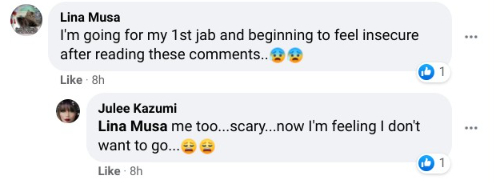
It was on Telegram that I stumbled upon the most intolerable demographic of Singapore Boomer: the Concerned Parent.
Don’t get me wrong: severe side effects from mRNA vaccinations—while extremely rare—have been known to happen in some cases, and it is perfectly reasonable for parents to weigh the risks of vaccinating their teenagers against the risk of a Delta variant infection.
But for the self-proclaimed Concerned Parent in Telegram groups like SG 


Rationality seems to go out the window whenever a child or a teenager is involved. Uncertainties that the Singapore Boomer would gladly accept for themselves, they would not risk for their own offspring. This leads the Boomer to stick to the devil they know in order to make sense of the world. They tend to over-extrapolate the dangers of ‘unknown’ and ‘experimental’ technologies based on a few anecdotes and insufficient data.
When in doubt, they can always fall back on the puns.

This paranoia becomes even more pronounced in the private SINOVAC ONLY groups on Telegram, where I managed to secure an invitation.
Admittance to these groups is heavily monitored for ‘spies’ and Western reporters (the two are interchangeable). Just weeks before I snuck in using a pseudonym, the group host claimed to have banned a couple of Reuters journalists who were asking suspicious questions.
Within these groups, any negative reporting on Sinovac is evidence of media bias against Sinovac, China, and by extension, all Chinese people.
The group also seems to be immune to real world evidence that contradicts their beliefs.
I tried to test the waters by sharing news stories about the worsening Covid situation in Indonesia, where many have already received two doses of the Sinovac vaccine. Despite multiple attempts, I received no responses. The factual links I shared quickly got lost in the sea of other links showing ‘conclusive proof’ of Western bias in the mainstream media.
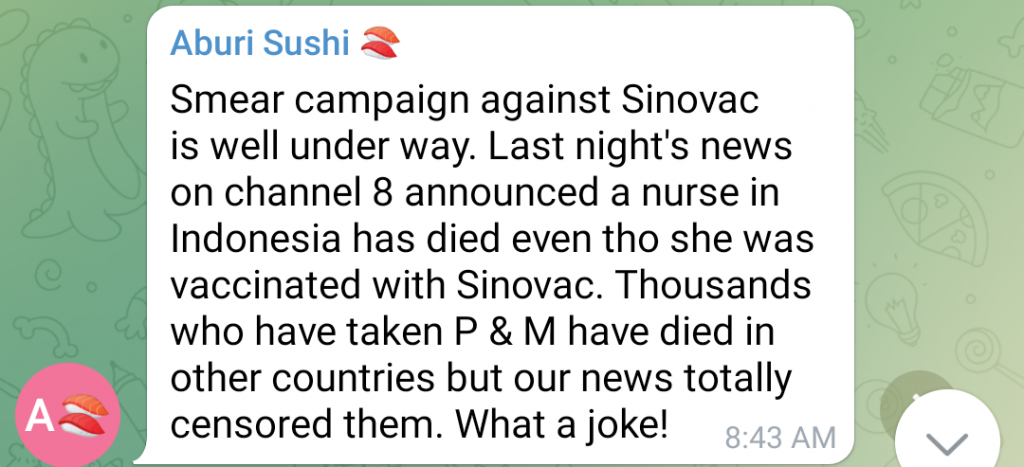
In summary, the three main biases that the Singapore Boomer is particularly susceptible to on social media are as follow:
1. Confirmation Bias: Mainstream reporting on an issue means that the Government is pushing its Propaganda in order for Overpaid Ministers to meet their KPIs. Lack of mainstream reporting means that the Government is silencing the Truth. Either way, people end up believing what they want to believe.
2. Overconfidence in their ability to assess risk, leading to DIY statisticians and health experts making extrapolations based on insufficient or questionable data. When it comes to vaccines, Boomers tend to discount the risk of inaction (i.e. a Delta variant infection, or the uncertainties of Long Covid).
3. Recency Bias: Boomers tend to assign greater weight to the link that was last shared, or the anecdotes that are most readily available. An unsubstantiated rumour shared by a friend of a friend is more convincing than verified evidence published by official sources.
So What Have We Learned?
Let’s start with the good news.
As the high vaccination rate in Singapore demonstrates, the Singapore Boomer is not nearly as deranged as its American and Chinese counterparts. Science has not yet been fully politicised; conspiracy theorists occupy only a small segment of the online chatter.
The vast majority of Singapore Boomers are still amenable to good faith arguments. For the most part, it is stubbornness and risk aversion—not ideology—that explains their hesitancy on issues like vaccines, race, workplace reform and other national concerns. There is also a notable Asian cultural bias toward time-tested ‘traditional’ methods vs. the ‘dangers’ of innovation and progress.

The bad news is that, in the long run, Singapore will likely lose the global war against misinformation. After attending Whatsapp University, I’ve learned that the speed at which social media can reprogram our brains will almost certainly outpace any centralised attempts to stem its spread.
In the absence of digital literacy, people will believe what they are inclined to believe. Arguably, POFMA has already gone the way of the DORSCON system, an anachronism that has outlived its usefulness in the new normal.
On a personal level, I felt my mental health take a steep dive after spending one week being bombarded by notifications from Facebook, Telegram, and Whatsapp. To maintain this constant level of paranoia and anxiety must be exhausting, especially in a year of heightened tensions.
But perhaps that’s the point. The Singapore Boomer isn’t just a meme. They are representative of Singaporean culture at large. Despite the Millennial and Gen Z’s more progressive stance on issues, I see the same risk aversion, insularity, and chronic sense of insecurity among members of the younger generation too. A distinct lack of curiosity about the world beyond their own neighbourhoods. Complaints that rarely result in action.
Like social media itself, maybe what the Singapore Boomer truly represents is a mirror and wake-up call. Because beneath the veneer of cynicism, are digital natives really that different from our parents?
When we satirise the Boomer, are we laughing at an outdated mode of thinking, or are we catching a glimpse of our future selves?
Tell us what you thought of this story at community@ricemedia.co. And if you haven’t already, follow RICE on Instagram, Spotify, Facebook, and Telegram.

